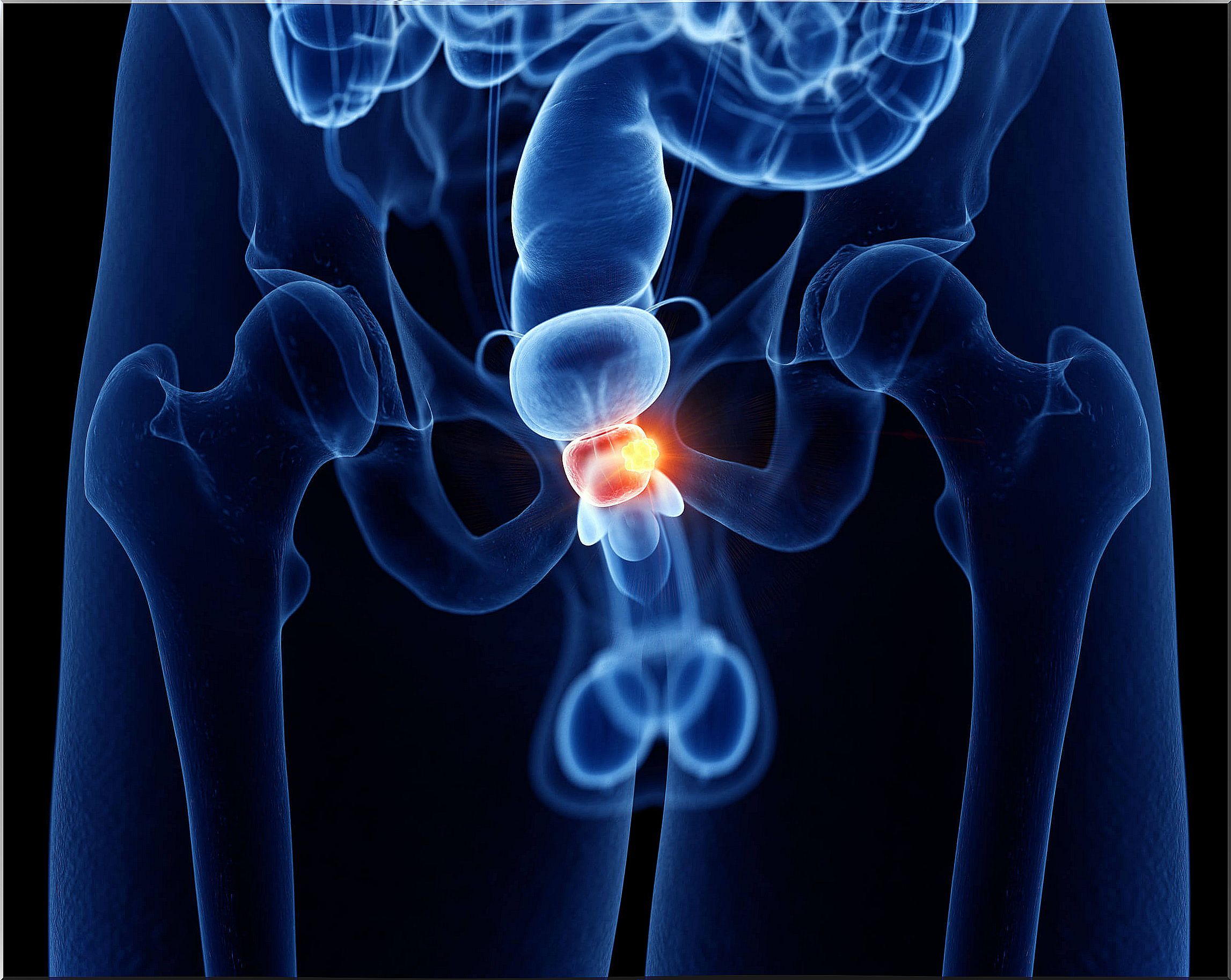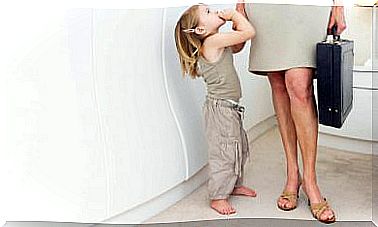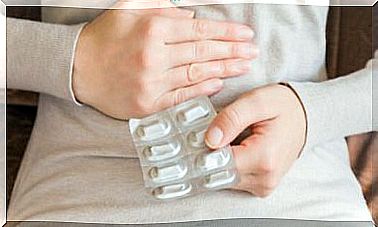Urinary Incontinence: Symptoms, Causes And Treatments
Urinary incontinence is not a disease in itself; since it appears as a consequence of alterations in the bladder. In particular, the process of filling or controlled expulsion of urine is affected, and the symptom is incontinence.
The defining characteristic is the involuntary loss of urine. The person does not control when to urinate and when to hold, so leaks occur at inappropriate or undecided times. Sometimes it happens when you make an effort like sneezing. Others, it happens because the bladder has filled and has overflowed.
Urinary incontinence is not just a health problem in the pathological sense. Those who suffer from it also see their social life altered due to fear of urine leakage at inopportune times, in the presence of other people.
Therefore, it is essential to find out about it and know what treatments are available. The most essential aspects are detailed below, following the guide published by the Medical Journal of the Mexican Institute of Social Security.
Causes of transient urinary incontinence

Transient urinary incontinence is one that does not last over time. Generally, it is caused by foods, drinks, or medications that stimulate urine production. Once the diuretic effect stops, it goes away.
The main culprits are soft drinks, alcohol, citrus fruits and certain drugs for high blood pressure.
Other causes of transient urinary incontinence are:
- Urinary tract infections – Bladder irritation can be so severe as to cause urine to leak.
- Constipation: the intestine is close to the bladder and can stimulate it in cases of hard stools that pass through the rectum.
- Gestation: in pregnancy, both hormonal changes and an enlarged uterus produce hyperactivity in the bladder.
Causes of chronic urinary incontinence
On the other hand, urinary incontinence that lasts over time responds to various causes :
- Prolapse: when the pelvic muscles are weak. For example, in women who have undergone complicated or multiple deliveries, the descent of the pelvic organs causes urinary incontinence. This descent of the structures is what is known as ‘prolapse’.
- Age: Aging weakens the muscles of the body, including the bladder muscle. In women, menopause lowers estrogens and also deteriorates the tissues of the urinary system.
- Gynecological surgeries: the bladder is an organ that is supported by other organs, such as the uterus. When a woman undergoes surgery in this area, the risk of suffering this increases.
- Prostate problems: in men, it is usually problems in this area that cause urinary incontinence. First, benign prostatic hyperplasia (an enlarged prostate) and, more seriously, prostate cancer.
- Neurological disorders: some pathologies of the nervous system can affect the bladder. This is known as ‘neurogenic bladder’ and responds to diseases such as Parkinson’s or multiple sclerosis.
- Psychological causes: stress or the inability to resolve everyday life situations can manifest as incontinence. Enuresis (involuntary urination) in children under the age of six is an example of this.
Non-pharmacological treatment of urinary incontinence

Medications are not always needed to treat incontinence. In fact, one of the main recommendations is to regulate your fluid intake during the day.
This can be done without reducing the quantities; improving the distribution to avoid that much urine is formed in a short time. In this way involuntary expulsion is avoided.
A higher intake is recommended in the morning, to decrease the habit in the afternoon and evening. In children with enuresis, it is sometimes better to move the dinner time forward; since space is left between food and bedtime.
Pharmacotherapy
Sometimes the problem is not solved only with hygienic-dietetic measures. In fact, it may be that the origin of the situation is a disease that admits no other solution than medication.
The medications used seek to prevent the bladder from contracting involuntarily and for the urethra to remain closed while the urine increases. For this, anticholinergics are often used.
The most common of these is oxybutynin, and its role is to decrease the ability of the bladder muscle to contract.
Despite being effective, experts explain that they are contraindicated for some people due to their adverse effects. Patients with glaucoma or cardiac arrhythmias cannot take oxybutynin. In those that do not have a contraindication, if the adverse effects are intense, in most cases the treatment would be abandoned.
However, if none of this works, the last option is surgery. Therefore, in order to choose a good treatment, the main thing is to consult a doctor. The expert will give you an exact diagnosis.
A complex health problem
As you could see, urinary incontinence is a symptom rather than a disease, and its approach depends on different factors. In case of presenting symptoms, it is advisable to see a urologist as soon as possible.









